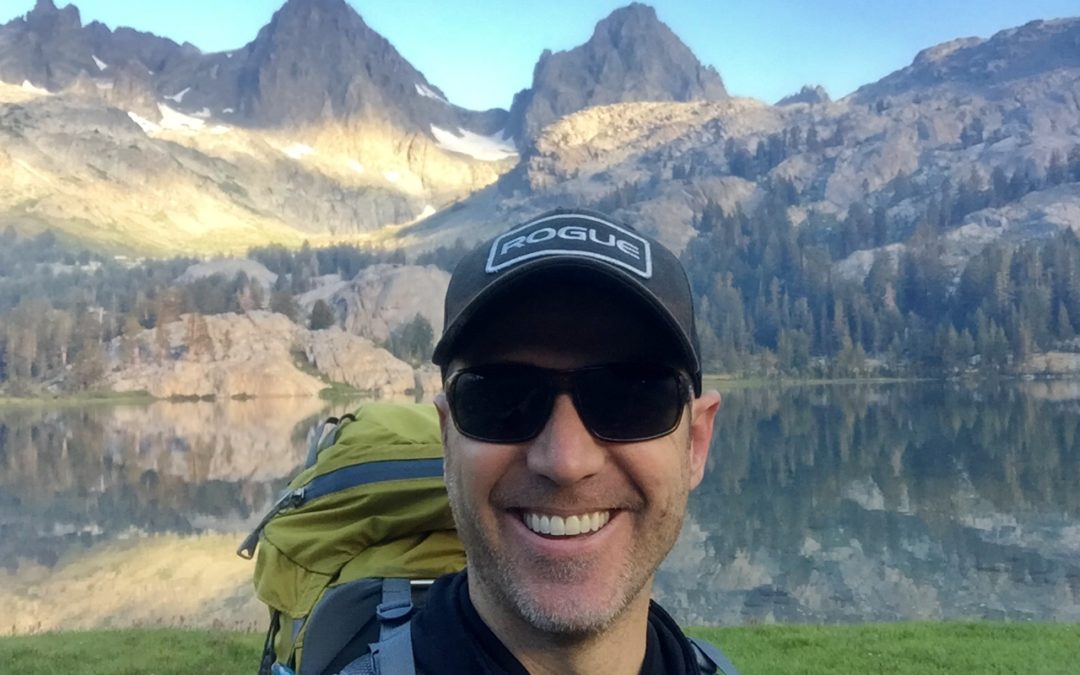About five years ago, Parker Houston and I began investing in men as spiritual and life leaders. We practiced encouraging leadership on each other and we’ve never been the same. Parker is a great husband and dad, a Clinical Psychologist, Executive Coach, and a devoted follower of Jesus. I wanted to re-post an email he sends to over 600 subscribers as a way to introduce you to him.
How People Change by Parker Houston, PsyD
One of a series to unlocking your potential and influencing others.
 This is a picture of the common water hyacinth, a plant that is native to tropical and sub-tropical regions of South America. In his incredible book, The Slight Edge, author and super-preneur Jeff Olson uses the powerful imagery of the water hyacinth to describe how change can start small but have explosive and exponential effects.
This is a picture of the common water hyacinth, a plant that is native to tropical and sub-tropical regions of South America. In his incredible book, The Slight Edge, author and super-preneur Jeff Olson uses the powerful imagery of the water hyacinth to describe how change can start small but have explosive and exponential effects.
If you passed an enormous lake with a single water hyacinth in the middle, you’d likely never see it. But this plant doubles in size every 2 weeks. So by the time you noticed it, it might be only a few weeks away from covering the entire lake surface! A change that was imperceptible for a long time would eventually become something you couldn’t ignore.
Habits and Change
Stanford Behavioral scientist, BJ Fogg is the founder of The Tiny Habits Academy and has studied habits for over 20 years. Here are some of his strongest conclusions about changing human behavior; habits can start very small and change occurs with baby steps over time.
Rarely does change happen instantaneously. Leaders must remember this and be persistent—with ourselves, and with those we lead. We also live in a world that largely relies on the principles of sowing and reaping. Some scholars say that great sacred texts like the Bible use agricultural metaphors to help people understand the natural rhythm of life—plant, cultivate, harvest. In our quick fix culture, this can be a hard concept for people to swallow. Virtually everything in our lives is speeding up.
The Problem with Impatience
I’ll admit, I have a major problem with impatience.
I hate waiting—in lines, for food, or saving money for something I want to buy! But the inability to delay gratification can really mess up our lives. Harvard psychologist and author of Emotional Intelligence—Daniel Goleman, has argued for decades that the ability to delay gratification is one of the most important life skills people can develop.
Some of you may have heard of the famous Stanford Marshmallow Test conducted in 1960. A group of 4-year old’s were given the choice between getting one marshmallow now, or two marshmallows 15 minutes later. They had to sit in the room looking at the marshmallow while they waited the 15 minutes. Less than a third of the children waited for the second marshmallow.
Astonishingly, the researchers conducted follow up studies on the children over the next several decades and found that the group that was able to wait for the second marshmallow had things like higher SAT scores, lower rates of substance abuse, lower rates of obesity, better coping with stress, higher self-worth, and better social skills.
If I decide to start eating ice cream every day, I might not see the result in my physique for a few weeks. When I invest in a 401K, I might not see much of a result for 15 years. But the ability to delay gratification is clearly related to long-term life success in many areas. Whether I invest in my health, my growth, my retirement, my marriage, or spending time with my kids—these deposits must be made over time, consistently, in order to have impact.
Turn Information into Action
- Don’t be afraid to start change on a microscopic level.
- Recognize that change typically happens over time. Just embrace it and keep taking baby steps!
- Take the long view in many areas of your life—finances, health, parenting, marriage, work.
- If you are a parent—find creative ways to teach your children delayed gratification as soon as possible. And make sure you model it!
By improving yourself, the world is made better. Be not afraid of moving to slowly. Be afraid only of standing still.
Ben Franklin
Resources
- The Marshmallow Test [3 minute video], Walter Mischel
- Tiny Habits, Stanford researcher BJ Fogg’s website
- The Slight Edge, Jeff Olson
Subscribe
To subscribe to “Weekly Leadership: Tools for leading yourself, your family, your workplace” or to schedule a free 30 minute phone call with Parker email him at parkershrink@gmail.com .
